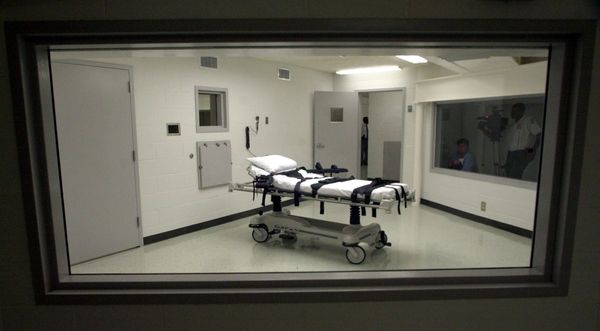Wales' response to coronavirus in the future will vary depending on whether the country is assessed as being in two different states - Covid Stable or Covid Urgent.
The Welsh Government plan, called Together for a Safer Future: Wales' Long-term Covid-19 Transition from Pandemic to Endemic, sets out a gradual transition away from emergency measures. It states it is "based on evidence" and "with the protection of everyone, especially the most vulnerable, at its heart".
It is being outlined on Friday (March 4), as First Minister Mark Drakeford announces all legal coronavirus measures should be lifted by Monday, March 28.
All restrictions have already been lifted in England, with major chances in Scotland from March 21.
In England, all remaining legal restrictions have already been removed as part of the prime minister's "Living with Covid" plan.
The latest infection rate based on PCR tests for the seven days up to February 26 is now 158.7 cases for every 100,000 people – a fall from the 169.4 cases recorded the day before. Find the latest cases in Wales here.
It means it will no longer be compulsory to wear face coverings in shops, on public transport, or in healthcare settings on that date and self-isolation will not be required by law.
For the next three weeks Wales will remain at alert level zero, but then the most likely scenario is that the country will move to Covid Stable - with an expectation of waves of infection not large enough to put unsustainable pressure on the NHS.
A battery of measures the Welsh government will also be adopted including:
- Supporting people to maintain behaviours we have all become familiar with to help reduce the transmission of all respiratory infections, not just coronavirus.
- Vaccination boosters in spring for the elderly and most vulnerable adults and a regular Covid-19 vaccination programme from the autumn.
- Test, Trace, Protect programme gradually moves away from universal and routine symptomatic and asymptomatic testing and the requirement to self-isolate to a more targeted approach aimed at vulnerable people.
- Adaptation of public services including, for example, using local risk assessments and outbreak control plans.
- Businesses and other employers to build on the elements of infection control they have put in place to protect staff and customers.
Measures to deal with the spread of infectious respiratory diseases, like washing hands, are still to be encouraged, while businesses will be expected to build on elements of infection control already implemented.
Speaking ahead for a press conference on Friday, Mr Drakeford says: "We've been living in the shadow of the coronavirus pandemic for two long years.
"It has touched all our lives - across Wales, families and communities have made many sacrifices to keep themselves and their loved ones safe.
"As we publish this longer-term plan, there is no doubt we have reached a significant moment in this pandemic and we can look to the future with growing confidence that the next year will be one in which we have a different relationship with the virus."
He added: "But the pandemic isn't over - this virus is full of nasty surprises and we are likely to see fluctuations in global patterns of infection for several years.
"We need to be ready to respond quickly to any future outbreaks or new variants as we learn to live safely alongside coronavirus in the long term."
In England, the government has set out a 'Living with Covid plan' and while in Scotland First Minister Nicola Sturgeon has set out the plan to ease restrictions by March 21.
She has said that - unlike in England - there was no plan to scrap the requirement to self-isolate for people who tested positive, although the length of quarantine will be kept under review..
In Northern Ireland, legal measures have been replaced by guidance, which recommends that face masks are still worn in certain places, such as enclosed public spaces and health and social care settings.
Get the latest Wales news sent straight to your inbox by signing up to one of our newsletters here.







